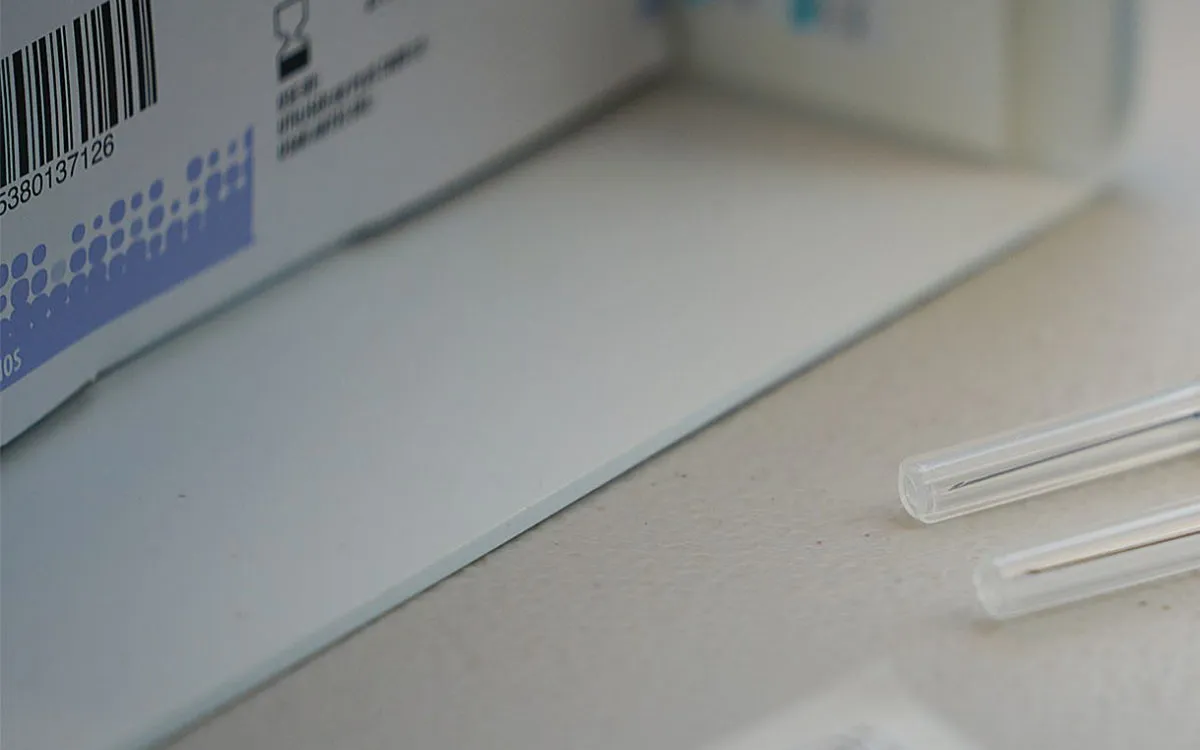
The Advisory Committee on Immunization Practices (ACIP) plays a crucial role in recommending vaccines that the American public should consider each year. Recently, Health Secretary Robert F. Kennedy Jr. appointed Dr. Kirk Milhoan, a pediatric cardiologist from Maui, to this influential federal panel. Dr. Milhoan has gained notoriety for his use of unapproved drugs to treat Covid-19, including ivermectin and hydroxychloroquine, which he distributed during free house calls in Maui.
Dr. Milhoan, who is also a pastor at Calvary Chapel South Maui, has become a controversial figure in Hawaiʻi due to his advocacy of discredited Covid treatments. During the pandemic, he did not enforce mask mandates or social distancing at his church, asserting that the church's mission must continue uninterrupted. His actions drew condemnation from state officials, including former Governor David Ige and former Hawaiʻi Health Director Libby Char, who criticized his promotion of these unproven treatments.
The timing of Dr. Milhoan's appointment to the ACIP comes at a critical juncture in public health. In June, Secretary Kennedy dismissed all 17 existing members of the panel, claiming that a complete overhaul was necessary to rebuild public trust in vaccination. However, some of his new appointments, including Milhoan and fellow ACIP member Robert Malone, who has publicly criticized Covid mRNA vaccines, have already stirred controversy. Malone has controversially linked two deaths of unvaccinated children during a Texas measles outbreak to “medical mismanagement” without providing supporting evidence.
Dr. Milhoan's promotion of unapproved treatments, alongside his co-founding of The Pono Coalition for Informed Consent—which labels Covid vaccines as experimental—has drawn scrutiny from the Hawaiʻi Medical Board. In August 2021, the board filed a complaint against him and Dr. Lorrin Pang, the state’s chief medical adviser for Maui County. Although the complaint was eventually dropped eight months later without any disciplinary action, the incident highlights the ongoing debates surrounding vaccine safety and efficacy.
In addition to his work with the ACIP, Dr. Milhoan has participated in hearings, such as one hosted by Rep. Marjorie Taylor Greene, where he advocated against vaccinating children, claiming that the Covid vaccine caused cardiac issues in some pediatric patients. Together with his wife, he runs For Hearts and Souls, a nonprofit Christian medical ministry that provides cardiac care to children globally. Notably, Dr. Milhoan holds an active medical license in multiple states, including Hawai‘i, Montana, Wyoming, and Texas.
The newly constituted ACIP is being convened at a time when confidence in routine vaccinations is waning. A recent survey by KFF and the Washington Post revealed that one in six parents have delayed or skipped at least one vaccine, aside from Covid or the flu, for their children. This decline in public trust presents a significant challenge for the ACIP as they prepare for their upcoming meeting scheduled for Thursday and Friday, where they will discuss various vaccines, including those for Covid-19, hepatitis B, measles, mumps, rubella, and chickenpox.
At this upcoming ACIP meeting, the panel is expected to review the latest formulations for Covid vaccines, which are updated each fall to match circulating strains. They have yet to make recommendations regarding this season’s Covid shots. The committee is also revisiting guidance on the hepatitis B vaccine, which can lead to severe liver infections. The hepatitis B vaccine has been proven effective, with studies showing it is 85% to 95% effective in preventing chronic infections in infants.
Since its introduction in 1981, the hepatitis B vaccine has become a standard recommendation, particularly for infants born to infected mothers. The success of newborn vaccinations has been widely acknowledged, with no recent peer-reviewed research indicating any safety concerns associated with administering the vaccine at birth. Similarly, the introduction of the chickenpox vaccine in 1995 resulted in a dramatic decline in cases and related fatalities, underscoring the importance of vaccinations in public health.
As the newly appointed panel members, including experts like Dr. Catherine Stein, Dr. Evelyn Griffin, Dr. Hillary Blackburn, and Dr. Raymond Pollak, prepare to take on these pressing issues, the future of vaccination policy in the United States hangs in the balance. The ACIP's role is more critical than ever in navigating the complex landscape of public health and vaccine advocacy, particularly in an environment marked by skepticism and debate over vaccine safety and effectiveness.